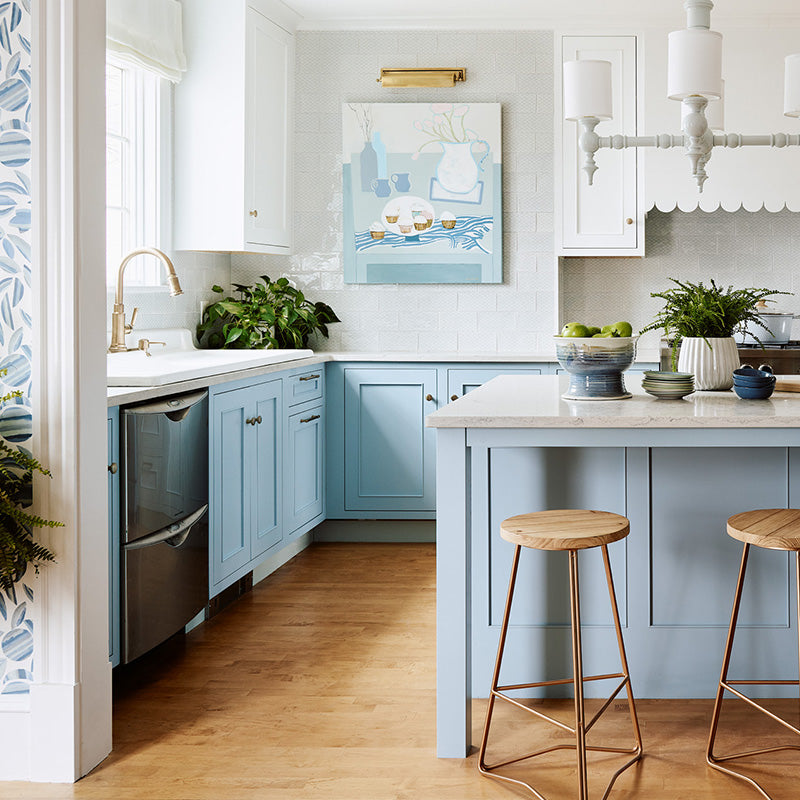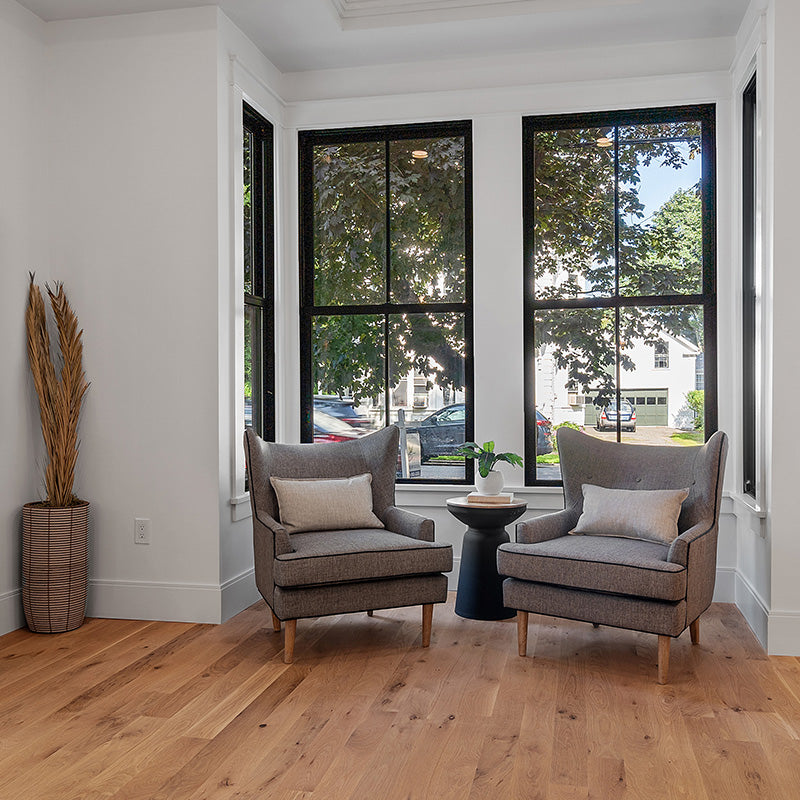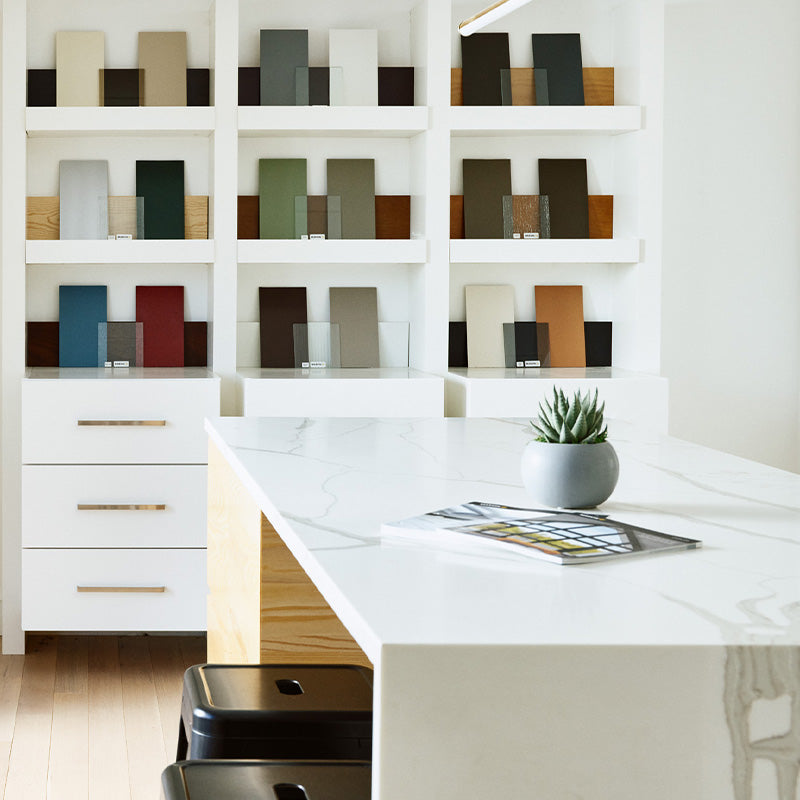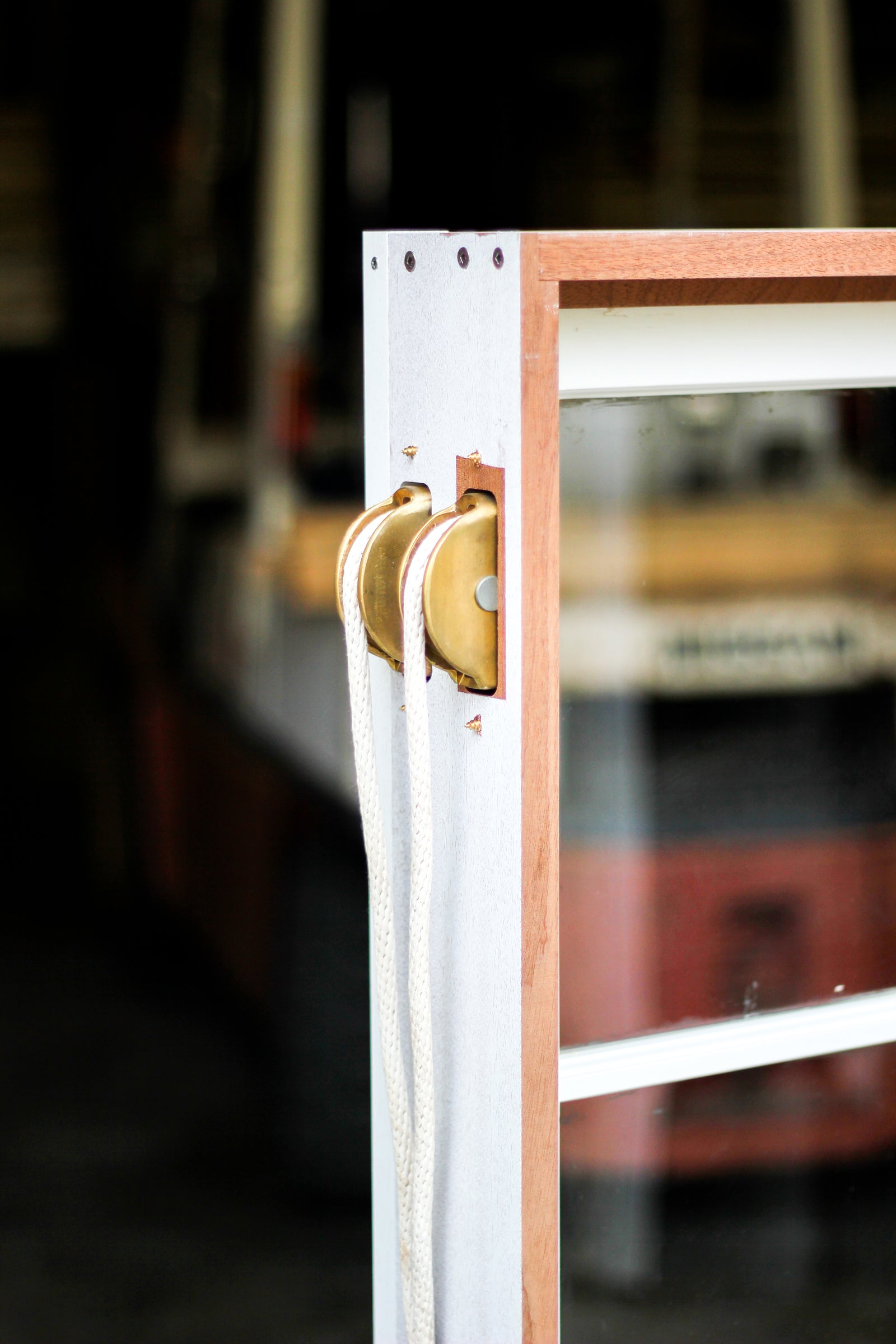Projects
Resources
Condo Developers Covet Churches for Conversions
May 21, 2015 3 min read
Guest Post by John Caulfield from Building Design + Construction
Local zoning and redevelopment boards seem more open to this adaptive reuse.
Former churches, many of which are sitting on prime urban real estate, are being converted into libraries, restaurants, and with greater frequency condominiums, which appear to be somewhat less objectionable than other types of renovation or demolition plans to preservationists and community opponents.
There have been several recent examples of this kind of adaptive reuse of churches receiving local approval. Community Board 7, representing New York City’s Upper West Side, on April 15 voted in favor of granting a developer a zoning exemption to convert the 112-year-old, 47,000-sf, former First Church of Christ, Scientist, on 96th Street and Central Park West, into 39 condos.
That vote came despite picketing by Local 78 of the Laborers International Union of North America to protest what the union says are substandard wages paid by an asbestos-removal, according to the New York Times. The city’s Landmark Preservation Commission, which had opposed the conversion, in March gave its okay after the developer—361 CPW LLC, which paid $26 million for this site last year—agreed to reduce the number of windows it wanted to add to the structure.
Perhaps nowhere in America is this church-to-condo trend as evident as it is in Boston, where the Catholic Church in particular has closed many houses of worship.
In Philadelphia, Narbeth United Methodist Church, built in 1929, has been transformed into the three-building Narbeth Place, with a mix of townhouses and condos. One of the buildings on site, Barrie House, had been a parsonage and is now three condos.The developer preserved that building’s original’s windows, fireplace, railings, tile, and lighting.
Perhaps nowhere in America is this church-to-condo trend as evident as it is in Boston, where the Catholic Church in particular has closed many houses of worship. Boston’s condo market is booming, and church conversion plans seem to be navigating any community and municipal roadblocks.
For instance, residents of South Boston have railed against plans to convert the 139-year-old St. Augustine’s Church at 225 Dorchester Street into luxury condos since that church was closed in 2004. (Curbed Boston reports the locals also wanted more parking out of any changes.)
Developer Bruce Daniel originally wanted to tear down the church, but was unable to overcome the community’s “sentimental feeling about that building,” he told the Boston Globe.
Plan B, which has been approved, will renovate the church into 29 condos while preserving St Augustine’s exterior. Construction is underway.
An even bolder reinvention is taking place at the former Holy Trinity German Catholic Church and rectory at 136 Shawmut Avenue, built in 1874, but vacant for the past five years. (The existing building is 32,945 sf., and its tower spires reach to approximately 110 feet. The land it sits on is 17,272 sf.)
In a letter it sent to the Boston Redevelopment Authority on March 19, the project’s architect, Finegold Alexander Architects, said it would clean, repair, and make limited modifications to the church’s existing Roxbury Puddingstone exterior. A new eight-story steel structure with glass curtain wall would be constructed along the existing walls of the church and contain 33 residential units within 57,904 sf of space.
The basement level will include 24 parking spaces, tenant support space, and a new access ramp from Shawmut Avenue. The main entry would be modified to permit accessibility, and the project will comply with city requirements with respect to groundwater.
One-, two-, and three-bedroom condos would range in size from 411 to 3,027 sf.
The Building Team on their proposed project includes New Boston Ventures (owner/developer), Boston Survey (survey consultant), HW Moore Associates (CE), McNamara Salvia (SE), WSP (MEP), and Kyle Zick Landscape Architecture (Landscape Architect).
Leave a comment
Comments will be approved before showing up.
Subscribe Today!
Our goal is to provide you with as much information as possible. Our newsletter is full of tips, inspiration and featured projects. We promise to only send you interesting things and never share your email with anyone else.





